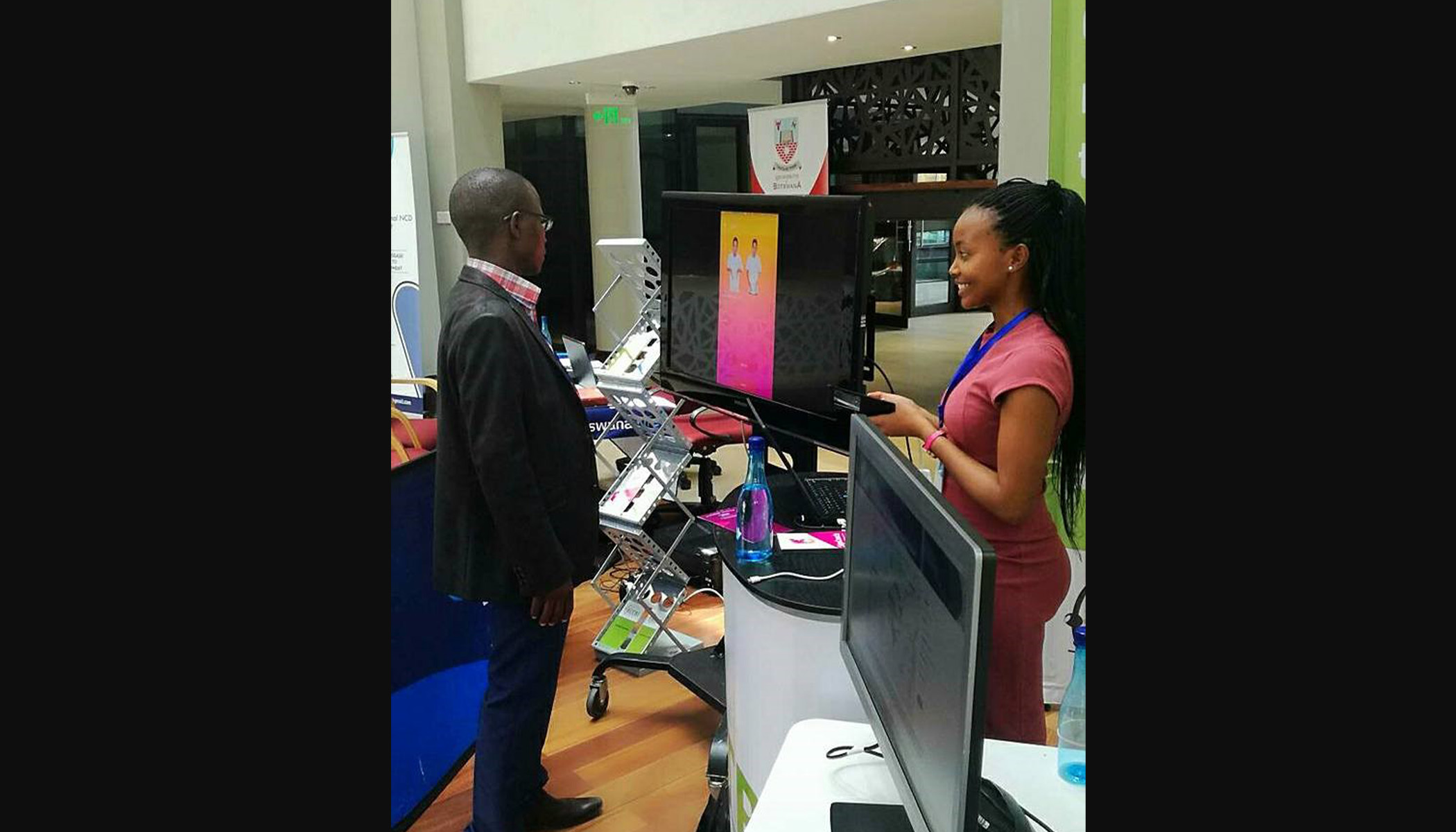Supporting African Educational Innovation
International OutreachSome 20,000 people in Botswana are hearing impaired. With little support, they struggle to access critical services such as healthcare and banking.
Children, who account for over half of this population, often do not receive any education.
Lucia Otsetswe-Moapare, an aspiring tech entrepreneur and ICT Associate at the Botswana Institute for Technology Research and Innovation (BITRI), devised a way to help: a mobile app that teaches sign language and also translates it. She hopes it will be adopted by schools, banks, and hospitals to help deliver services to deaf people.
Ambitious knowledge exchange programme
In 2019, Otsetswe-Moapare was one of 17 entrepreneurial researchers from three southern African universities who took part in a knowledge exchange programme on research commercialisation with the University of Cambridge.
In the wake of a 2018 visit that Cambridge researchers paid to BITRI, it was observed that even though many of the world’s fastest growing economies are in Africa, local R&D capacity to support future growth was lacking. BITRI, the University of Namibia, and Mozambique’s Lúrio University (UniLúrio) agreed that improved relationships between academia and industry and greater technology transfer capability were needed.
The result was an ambitious knowledge exchange programme, involving over 50 participants and ten institutions. The goals were to share Cambridge’s expertise, to identify areas for research collaboration, and to help Cambridge Enterprise, and other University entities, evolve the support we offer universities seeking to maximise the impact of their research.
The programme’s first workshop, in Botswana, featured examples of entrepreneurship and identified areas for research within each southern African university that could create economic and social value. A team from Cambridge Enterprise shared insights on commercialising university IP. The group also considered innovation ecosystems and the critical role policymakers, universities, and businesses must all play to create a strong entrepreneurial community.
Follow up visit to Cambridge
The 17 entrepreneurs subsequently visited Cambridge for practical workshops, covering topics such as how to develop a business plan, conduct market research, and pitch to potential investors. In 2020, the exchange was recognised with the PraxisAuril UKRI Knowledge Exchange Team of the Year Award.
The research collaborations continue, and the African universities are building mechanisms to support research commercialisation. UniLúrio, for example, has launched the Centre for Academic Development and Innovation, as well as a knowledge exchange Agribusiness Unit, in conjunction with the Mozambique government and the African Development Bank.




